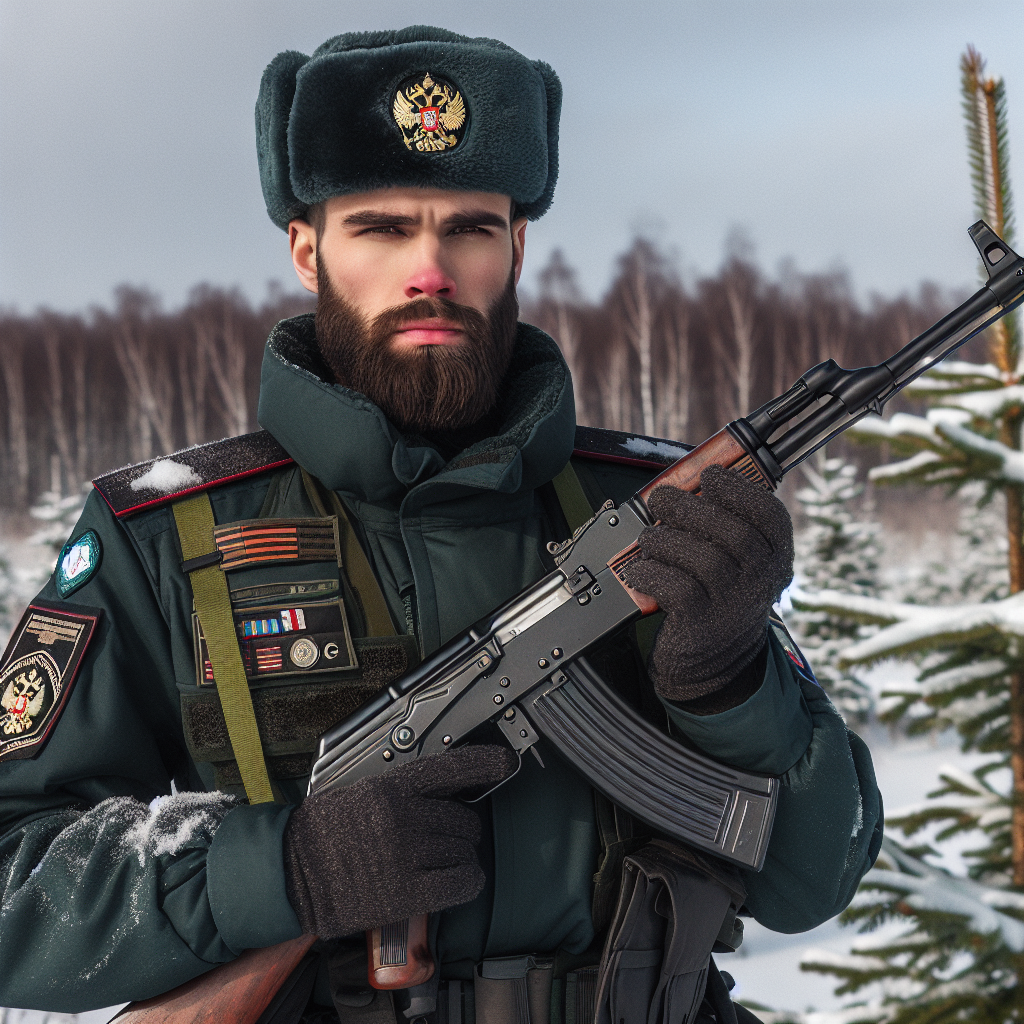National Guard Troop Surge in Washington: Testing Limits of Presidential Power
President Trump orders National Guard deployments in Washington, D.C., to tackle violent crime, with support from six Republican-led states. Despite declining crime rates, this controversial move tests presidential authority and raises legal questions. Local governance maintains limited control through negotiations with city officials.

In an unprecedented move, President Donald Trump has ordered the deployment of hundreds of National Guard troops from six Republican-led states to Washington, D.C. The decision aims to curb violent crime, despite statistical evidence indicating a drop in crime rates since 2023. Local officials have pushed back against Trump's depiction of Washington as overrun by violence and homelessness.
Republican governors from Mississippi, Louisiana, Tennessee, West Virginia, South Carolina, and Ohio have complied with the Trump administration's request, sending over 1,100 troops to the capital. This deployment is considered a significant exercise of presidential authority over the U.S. capital, as Trump has temporarily taken control of the city's police department.
While critics argue that Trump's actions may set a precedent for future use of armed troops against civilians, the federal government maintains troops are there to protect federal property and assist local law enforcement. The deployment has already led to 465 arrests since operations began, reflecting potential tensions between federal and local authorities.
(With inputs from agencies.)










